Spike Lee is arguably the most celebrated African American director in history. While he is brash and often outspoken, he is also brilliant and has his finger on social issues. His movies show a massive range of social issues facing the African American community, and he was a star from the start.
Lee started his career in college, and his first significant film was as a film student. By the time 1989 rolled around, Lee created his masterpiece, a film that was a critically praised film in the rise of the indie filmmaking scene that took Hollywood by storm in the ’90s. Here is a look at the first 10 movies of Spike Lee’s career.
JOE’S BED-STUY BARBERSHOP: WE CUT HEADS (1983)
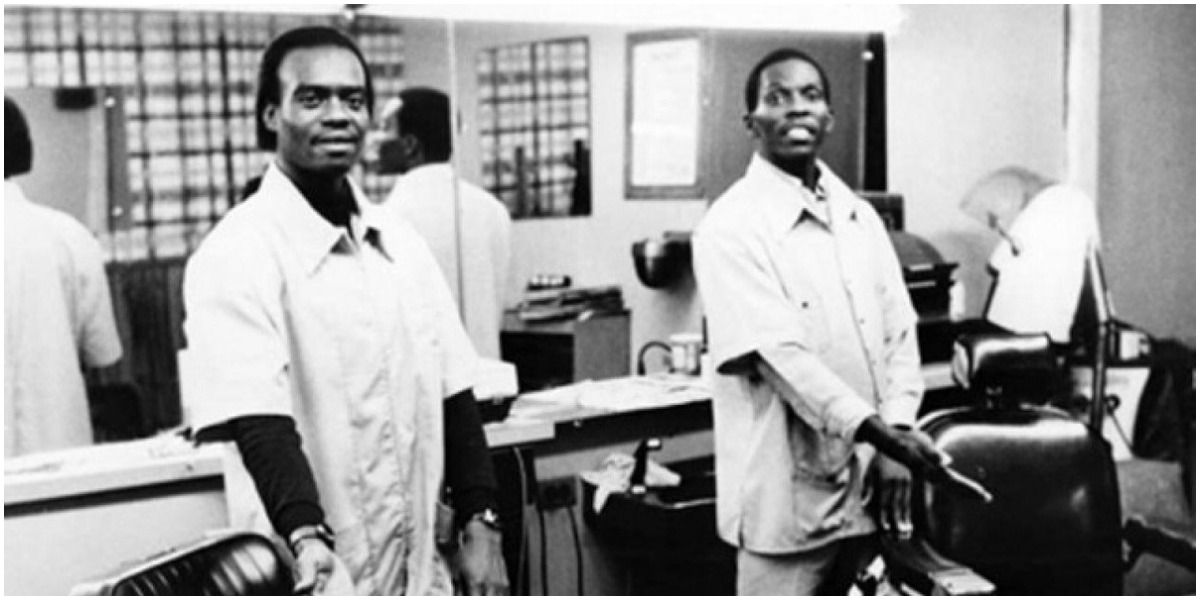
The first film in Spike Lee’s career came with his submission for his master’s degree thesis at the Tisch School of the Arts. In some interesting trivia, future Oscar winner Ang Lee worked as an assistant director on the film.
The movie is set in a Brooklyn barbershop where customers come in to discuss various issues while getting a haircut. However, a gangster who dealt with the former owner wants the new owner to remain a front for his numbers racket.
SHE’S GOTTA HAVE IT (1986)
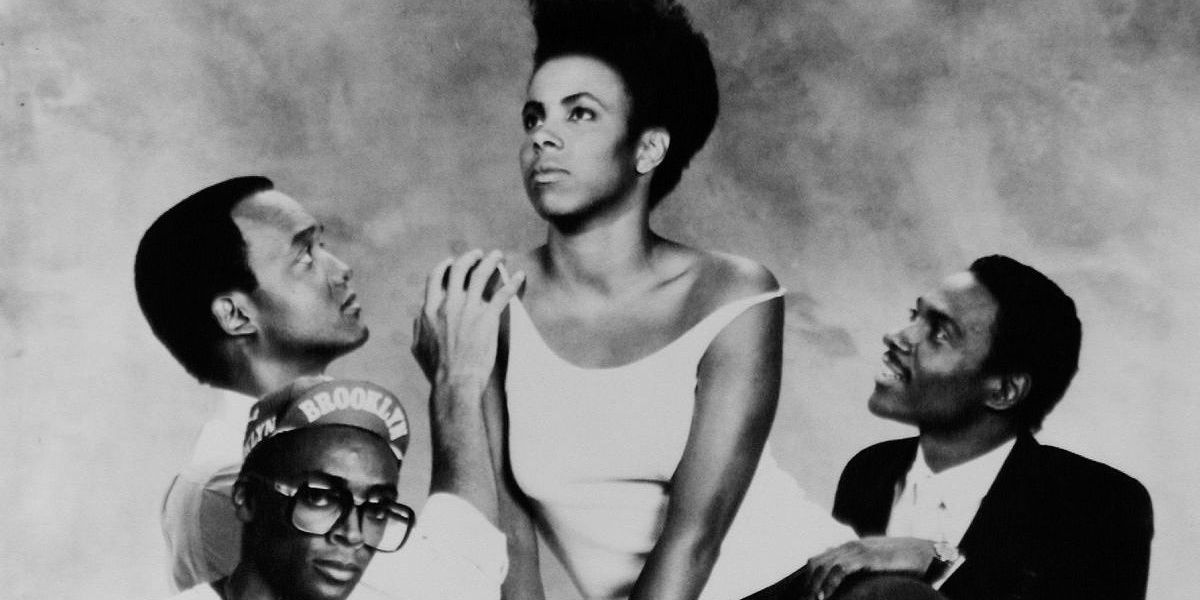
The first feature-length film for Spike Lee as a professional filmmaker hit in 1986 with She’s Gotta Have It. The movie starred Tracy Camilla Johns as Nola Darling, a young Brooklyn woman who has three different guys interested in her.
The film is a smart look from the female point-of-view when it comes to the struggles of African American women in that era. Netflix released a TV remake with two seasons 30 years later.
SCHOOL DAZE (1988)
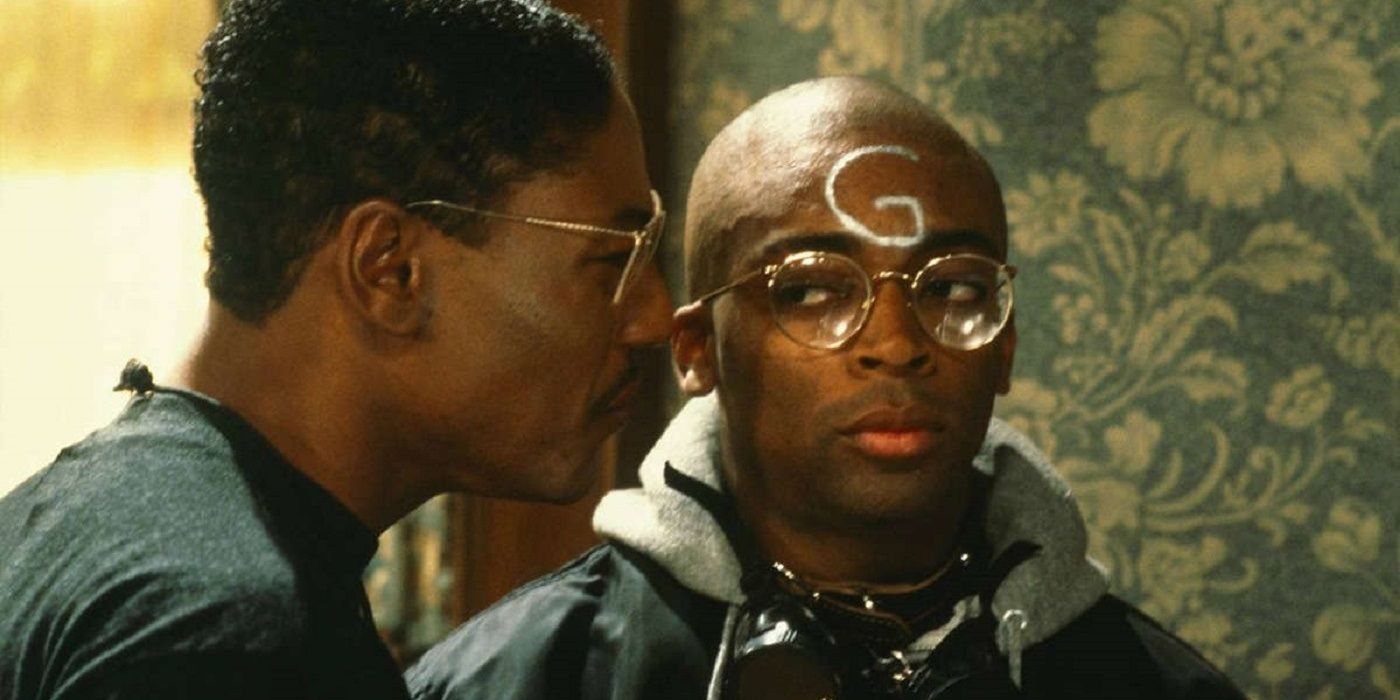
In 1988, Spike Lee created a musical-comedy-drama with School Daze and starred a young Lawrence Fishburn (known as Larry at the time) as a socially conscious college student in Atlanta.
He is trying to convince the college to break ties with South Africa while also coming to blows with local boys in town who hate the college elite. The film remains iconic, with Alicia Keys paying homage to the movie in 2008 with the song “Teenage Love Affair.”
DO THE RIGHT THING (1989)
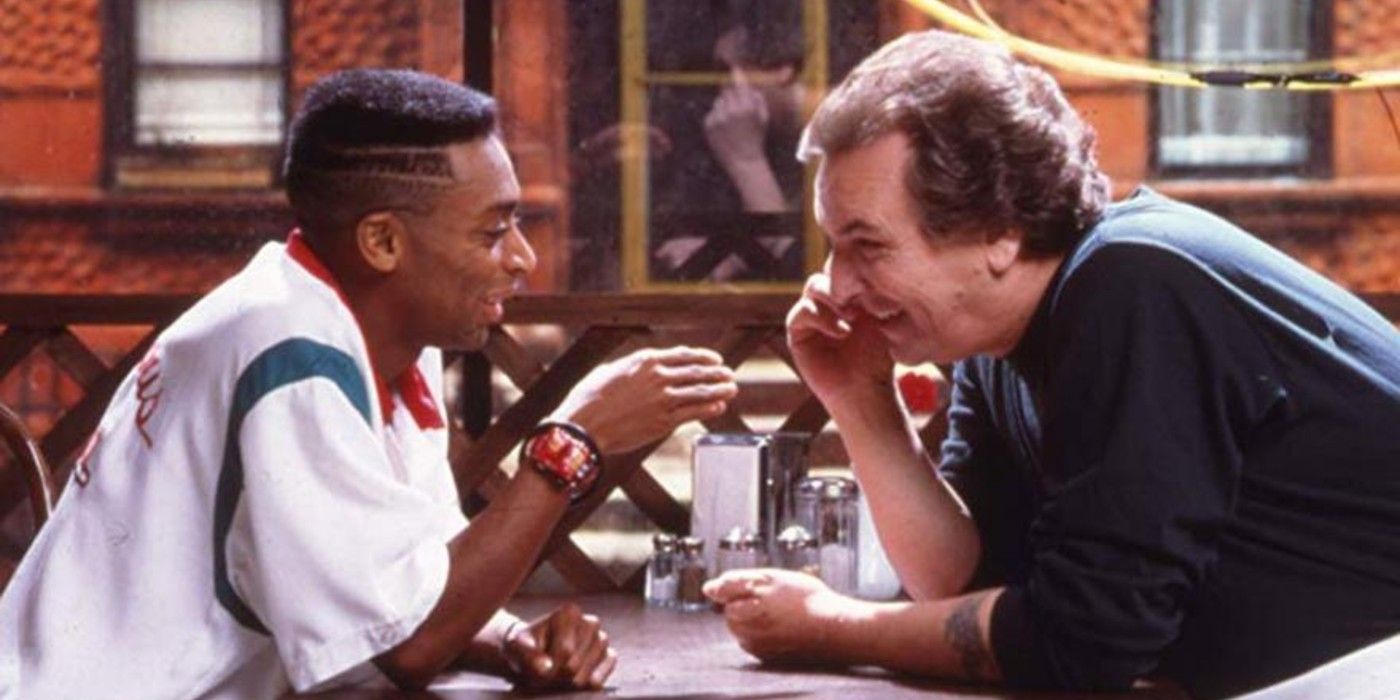
In 1989, Spike Lee created what many still consider his best movie. Do the Right Thing was a movie that helped kickstart the growing indie scene that changed Hollywood filmmaking in the ’90s. When the film lost at Sundance to sex, lies, and videotape, many people, including Lee, cried foul.
Lee is Mookie, a pizza delivery guy in Brooklyn, and the entire movie shows the majority African American neighborhood and the various people who interact there throughout the days. In a moment that is even more shocking today, a police officer chokes Radio Raheem to death and then tries to cover it up.
MO’ BETTER BLUES (1990)
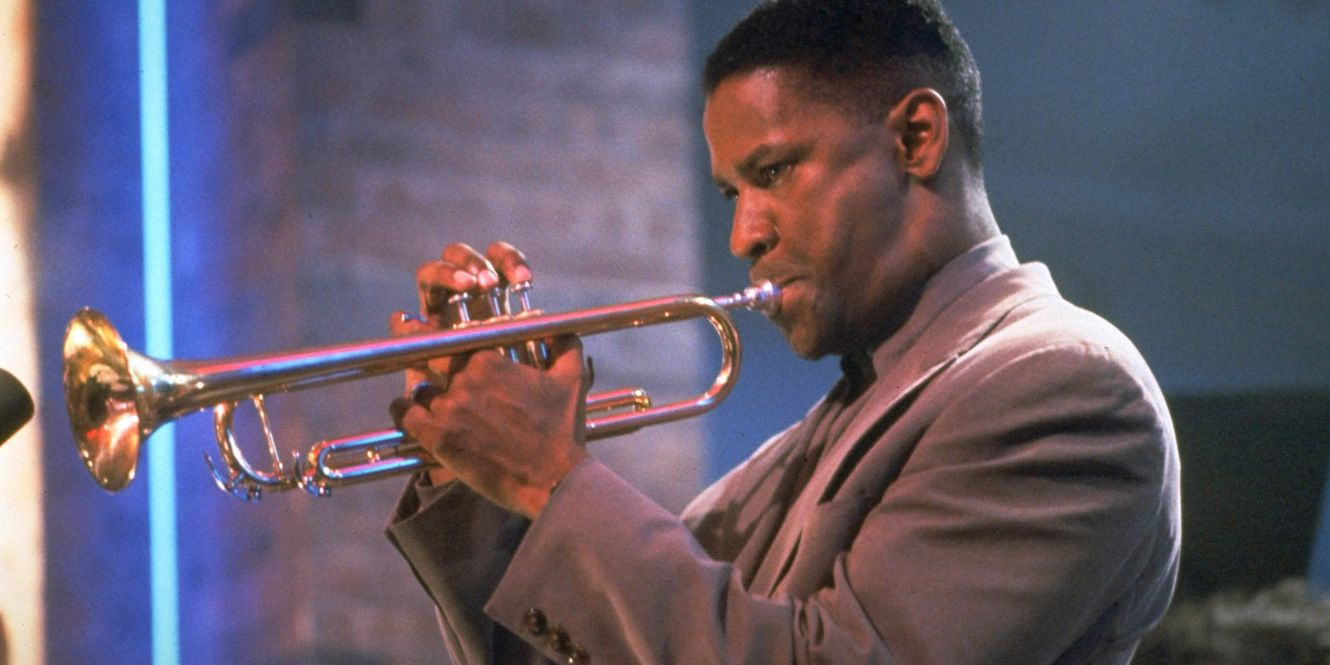
One year later, Spike Lee teamed up with Denzel Washington and Wesley Snipes for the movie Mo’ Better Blues. The film is set in Brooklyn, where Washington is a trumpet player named Bleek, who has his own successful jazz band.
The story moves between Bleek’s inability to remain loyal to one woman while his manager Giant (Spike Lee) grows deeper into gambling debts. The soundtrack for the movie was nominated for a Soul Train Music Award.
JUNGLE FEVER (1991)
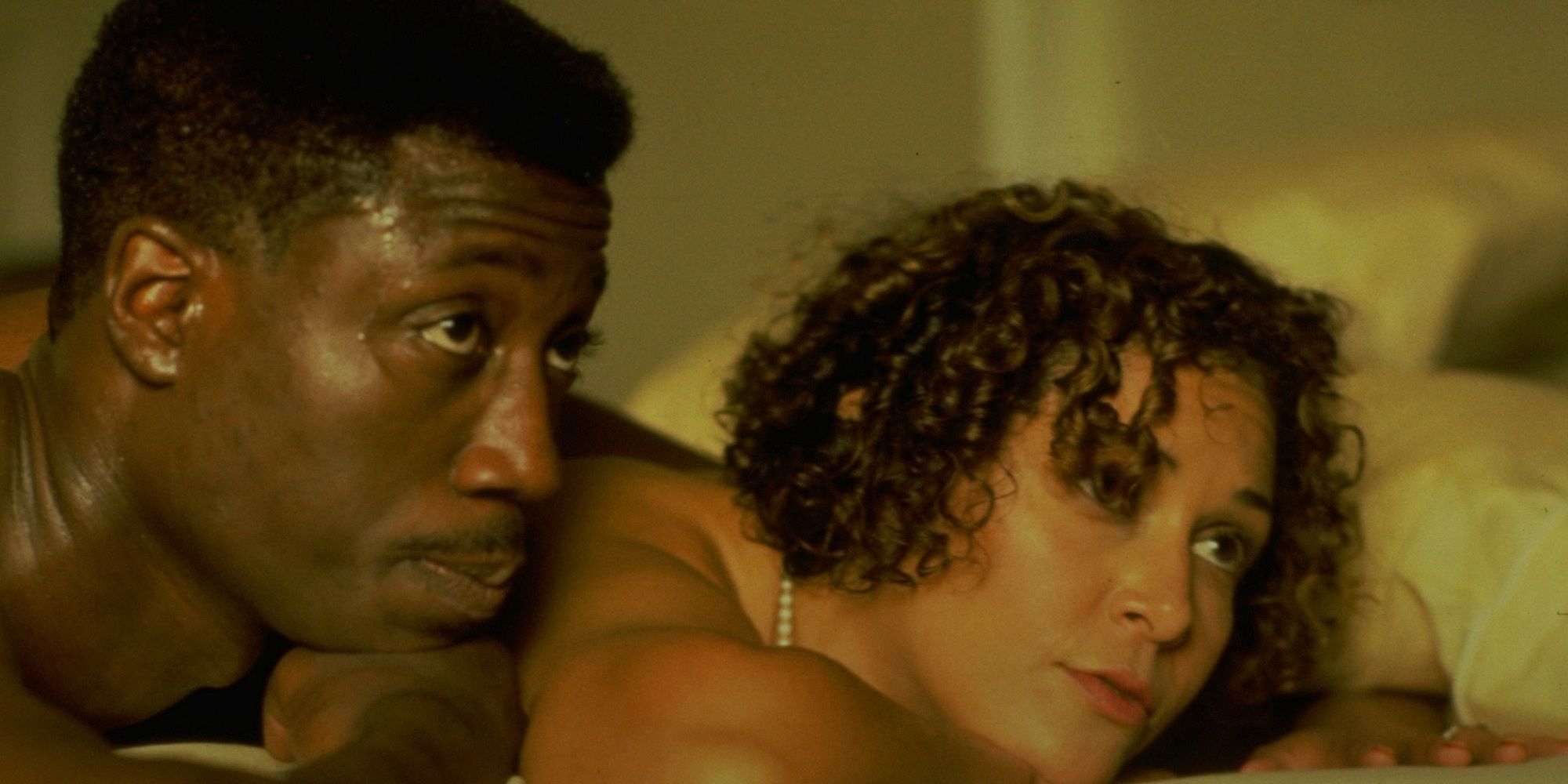
Wesley Snipes, who was part of the band in Mo’ Better Blues, reteamed with Spike Lee in the starring role in Jungle Fever. Snipes is Flipper Purify, an architect who starts to grow concerned when he realizes he is the only Black man working for his first, especially when a white woman is hired as his secretary.
When he cheats on his wife with his white secretary, his life spirals out of control. Samuel Jackson received critical acclaim as Flipper’s drug addict brother Gator.
MALCOLM X (1992)
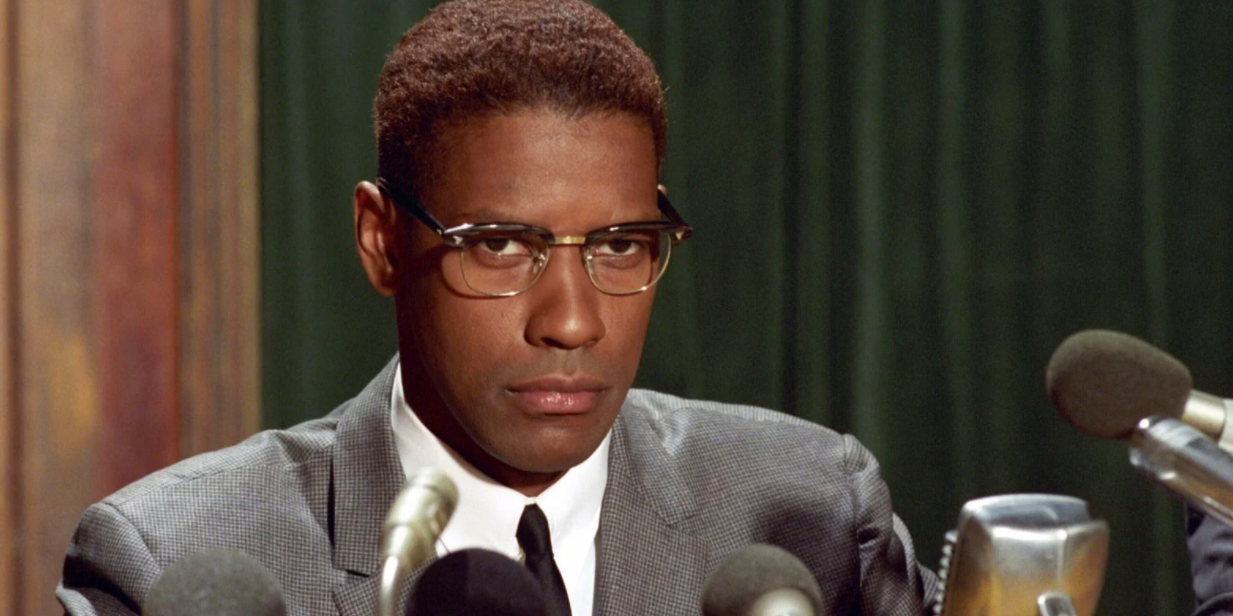
In 1992, Spike Lee teamed back up with Denzel Washington again, and this time he received massive critical acclaim as the movie picked up Washington an Oscar nomination for Best Actor. This was Malcolm X, with Washington as the African-American activist.
The movie follows most of Malcolm X’s life, from his criminal career and incarceration to his conversion to Islam and his growth into a spiritual leader. It all ends with his assassination. In 2010, the Library of Congress added it to the United States National Film Registry.
CROOKLYN (1994)
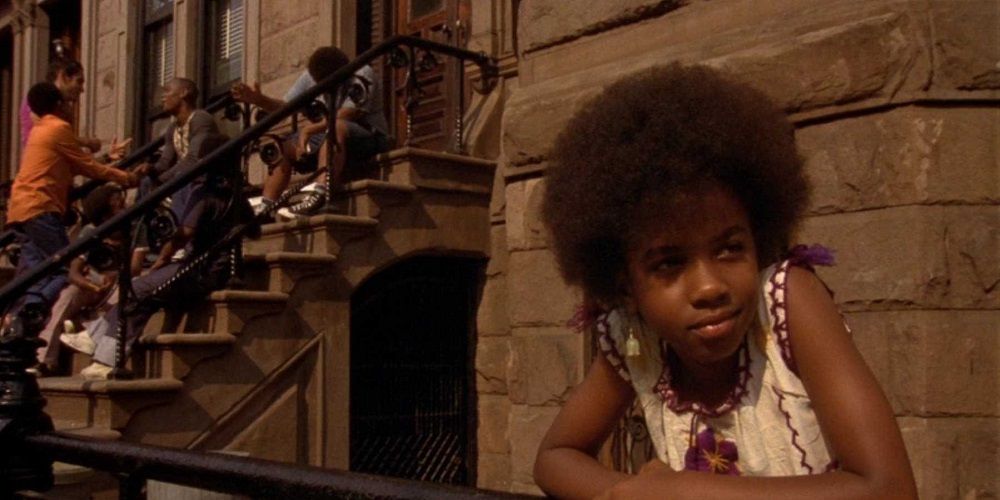
Two years after re-telling the life of Malcolm X, Spike Lee decided to tell his own story in a semi-autographical film called Crooklyn. The movie takes place in 1973 in Bedford-Stuyvesant in Brooklyn and focuses on a young girl and her family.
The film sees the child learning valuable life lessons from her parents and brothers. The kids in the movie deal with the death of their mother, something Spike Lee and his siblings also dealt with.
CLOCKERS (1995)
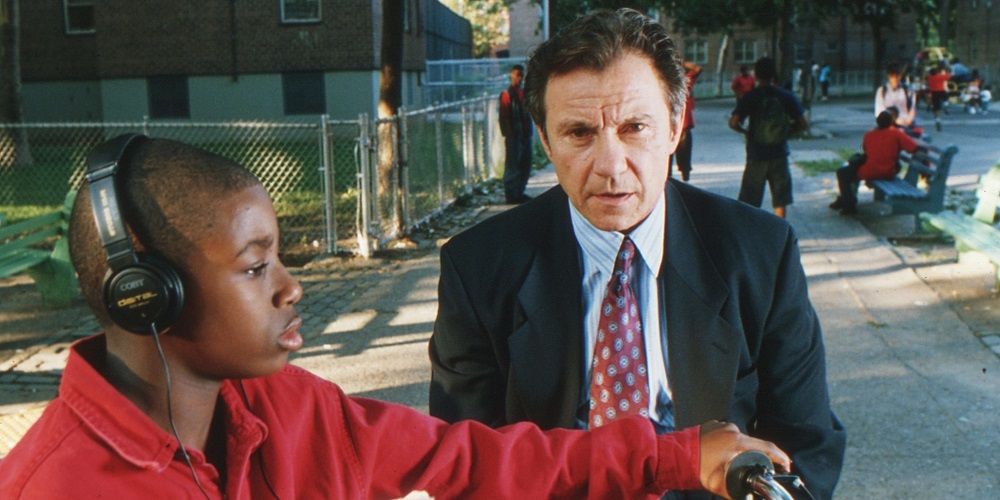
While Crooklyn was a more personal movie for Spike Lee, it was not a very big box office success. Things turned around with his next film in 1995, Clockers.
This film was a crime drama starring a legend of crime movies in Harvey Keitel, as well as John Turturro, Delroy Lindo, and Mekhi Phifer. This was originally a Martin Scorsese movie, but he dropped out to make Casino and Lee re-wrote the script and directed the film.
GIRL 6 (1996)
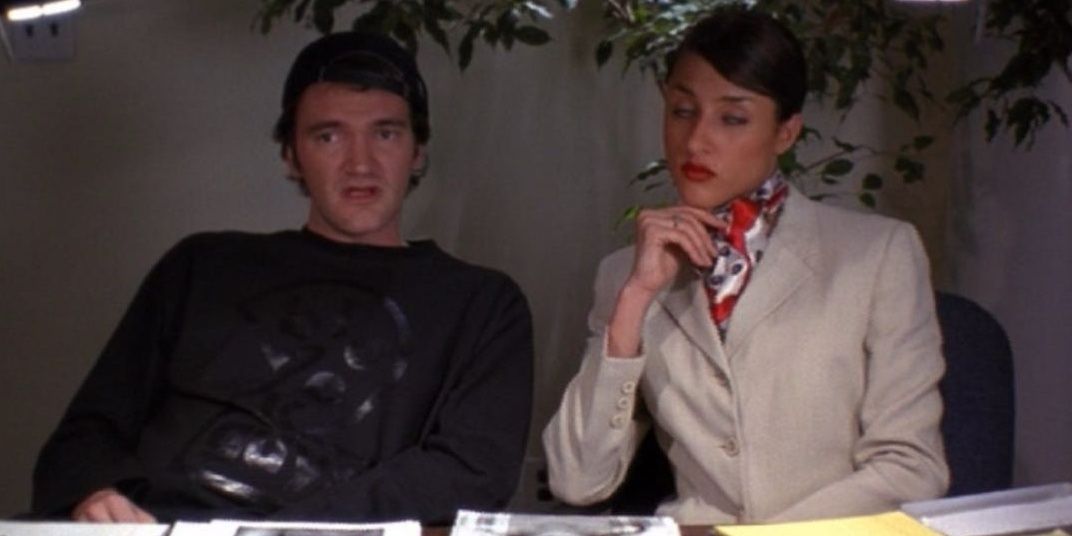
The 10th movie of Spike Lee’s career hit in 1996 with the black thriller comedy Girl 6. Judy (Theresa Randle) is a young Black actress living in New York hoping to catch her break.
However, as she struggles to get a break, she has a breakdown at a Quentin Tarantino audition and blows her chance at the movie before finally deciding to get a job as a phone sex operator. This was Lee’s first film he directed that was based on a script written by someone else.




